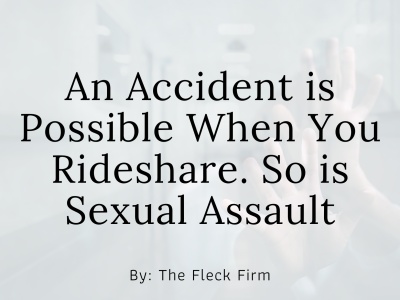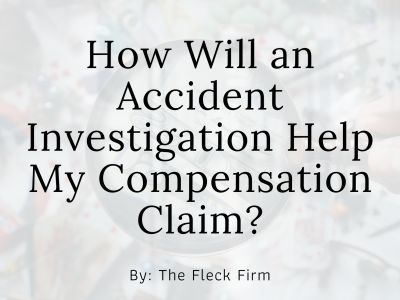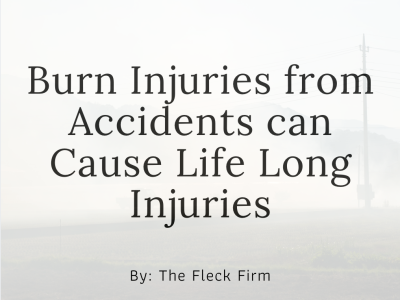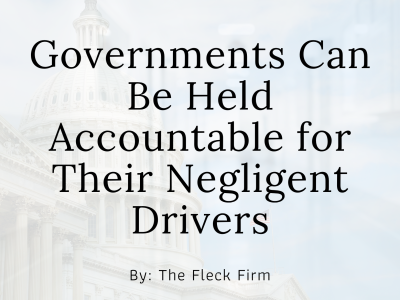Driving a Piece of Junk Can Get You in Trouble
When we discuss negligence causing a vehicle accident, you may think of someone driving while distracted, over the speed limit, or impaired by alcohol or drugs. But one could be negligent and a model driver because while their actions behind the wheel are safe, their vehicle is not, and an equipment failure causes the accident.
Other attorneys take contingent fees of 33% to 50% of your settlement.
We want you to keep more of your money.
Our contingent fee is only 30% on cases settled prior to filing suit.
Kentucky Vehicle Inspections of Lack Thereof
You don’t need to have your vehicle inspected before it’s registered in Kentucky unless you purchased it out of state. Then your local sheriff’s office must do a safety inspection to ensure it’s roadworthy first.
The State of Kentucky allows you to register a vehicle falling apart at the seams if you buy it within the state, but if you buy it elsewhere, local government will ensure that it’s safe. Maybe that was part of a “Make Kentucky Safe for Auto Dealers but Not Those on the Road” bill in the legislature.
State Law Requires Vehicles That Promote Public Safety
Under state law, you must drive a reasonably safe vehicle, but you’ll only get in trouble if you’re in an accident or pulled over and ticketed when your vehicle’s not up to the state’s vehicle code. It has requirements for brakes, windshield wipers, window tinting, lights, horns, steering, mirrors, and mufflers.
One of the subsections states, “Every vehicle when on a highway shall be so equipped as to…
protect the rights of other traffic, and to promote the public safety.”
Negligence and Unsafe Vehicles
Kentucky vehicle accident law is based on negligence. Generally, that means:
- You owe a legal duty to another because of your relationship: You share the road, and because you’re both on this public roadway, the law states you have a relationship under the law
- Because of that relationship, you have a legal duty or obligation to drive safely in a reasonably safe vehicle: It’s not enough to pay attention and obey the rules of the road. You shouldn’t operate a vehicle that you’re not maintaining or that you know may be a hazard to others because parts may be broken, defective, or worn out
- You breached that duty or failed that obligation: You knew the brakes weren’t right or your car could suddenly accelerate without warning, but you drove anyway
- That breach is the legal (or proximate) and factual cause of an accident: Your brakes failed, or the car unexpectedly accelerated, and your car struck another vehicle, pedestrian, or motorcyclist
- The other person suffered damages: This is harm (pain, suffering, anguish, physical injury, temporary or permanent disability, scarring) that can be measured in dollars
Although driver mistakes are the leading cause of accidents, defective vehicles are also a significant contributor, especially if something like speeding or lousy weather makes that defect an issue.
Your Unsafe Vehicle May Be an Issue Even When Someone Else Causes the Accident
Often accidents are caused when both drivers make mistakes. It’s not the end of your case if you made an error that led to the crash. But your recovery will be cut by your share of the blame. If your mistake was a third of the cause of the collision, your compensation will be cut by a third.
That error could be driving a vehicle that you knew needed repairs. If your brakes loudly squeal when you use them, but you can’t be bothered to have them looked at, if they fail when you try to prevent hitting someone who cut you off, your recovery would be cut because you negligently, knowingly drove a vehicle that needed repair.
Free Consultation
Contact us today for a free consultation to see how we can put our years of experience to work for you.
What’s the Next Step?
If a vehicle needing repairs injured you or a loved one, and you want help from an experienced attorney, call The Fleck Firm to schedule a free consultation at (270) 446-7000. We can discuss your accident, the injuries, Kentucky law, and your best options. You will be fully informed about your rights, the challenges you should expect, and the strengths of your case. Insurance companies have lawyers. You should have one too.








